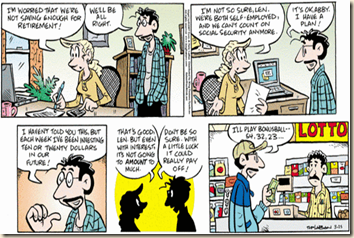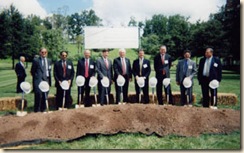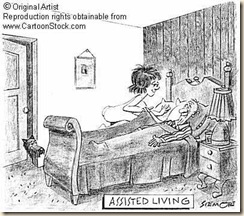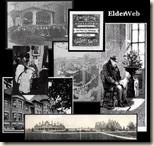Quote of the day: In the land of the blind, the one-eyed man is stoned to death. - Joan D. Vinge
Our health train travels along on it's rails but may be battered or damaged by inclement weather, earthquakes, tsunamis or other uncontrollable factors.
Such an event may be occuring in the U.S. economy. More bad news today about Lehman Brothers, which follows on the heels of Bear Stearns takeover by JP Morgan, and the failure of Fannie Mae, and Freddie Mac which has all been attributed to the subprime mortgage fiasco. And there are rumblings about WAMU as well.
Nevertheless the present U.S. administration insists that our economy is basically sound....FOR WHO? Certainly not for the majority of Americans, nor their physicians.
My previous post regarding a "Health Train" bailout was a fictitious accounting of what would happen to the healthcare market, were the same rules applied to it as the financial markets and general economy.
I only wish we could be "taken over". (not really) Nevertheless we seem to be driven close to that feeling of wanting to get "it" off our backs as physicians, and that does not pertain only to the financial responsibilities for operating our practices, both large or small.
What does the catastrophic financial failure mean?
1. In the first instance it threatens many retirement investment accounts, and if your firm is not involved it at leasts makes you very nervous about your holdings. (where does all this money go? Does market value really reflect the value of products produced by companies as they appear on the stock exchanges? If the experts cannot predict what is going on,and I think they can, but withold information so as not to depress the market further and cause panic.
2. The depression of the markets carries over to the holdings of insurance companies, and capital markets upon which major hospital construction and operating expenses depend.
3. Short term and long term credit has constricted to the point where capital is not available to most borrowers, especially to younger physicians who are heavily in debt just from medical school loans. Most physicians are in a negative net worth situation for the initial five to ten years of practice.
This very much effects the ability for new providers to migrate to underserved, or rural areas, without some form of support by a hospital or community.
The consolidation of the banking industry also effects the ability to obtain local credit, unless the health care borrower seeks credit from a local community source, deeply involved in a local community that shares the need to see healthcare services continue.
..............In my next blog I will review the history of present events and what corporatization has done to your medical care.

![DT newspaper[1]](http://lh3.ggpht.com/gmlevinmd/SM7DC0dJqWI/AAAAAAAAAVE/RUYmc9XoEEA/DTnewspaper1_thumb.jpg?imgmax=800)













